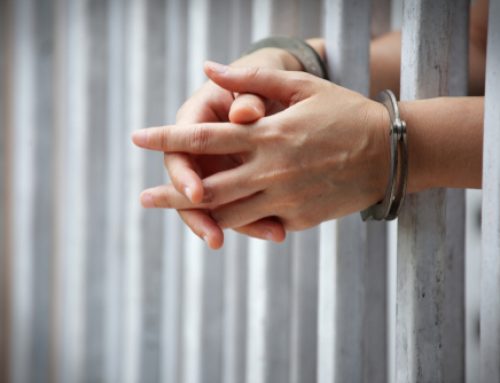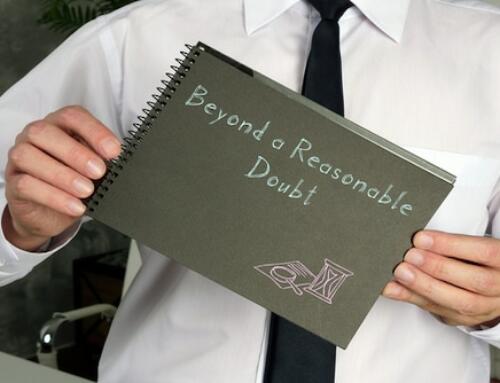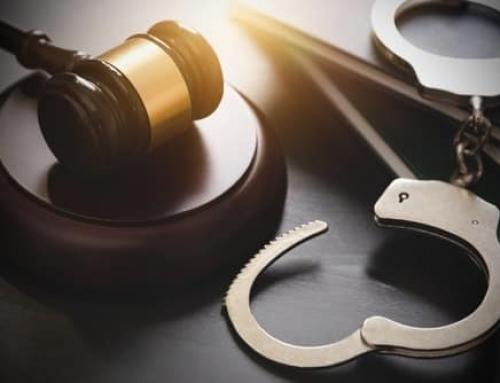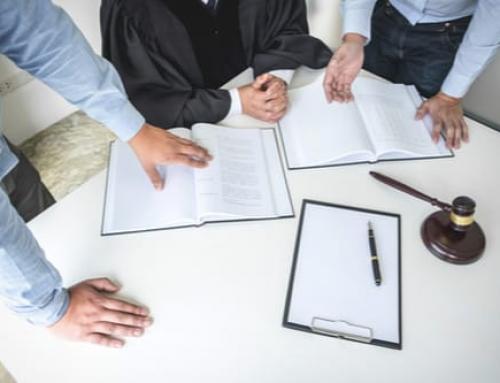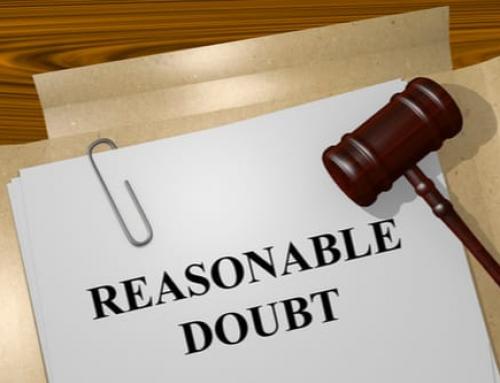When you are facing criminal charges in Philadelphia, you have the constitutional right to a fair trial. This means you have the right to ensure that the judge or jury hears all of the evidence that is favorable to your defense.
But, in some cases, the evidence you need to defend yourself will be in the government’s possession. For example, the government may have records from the police department’s investigation that suggest you aren’t the one who committed the crime. How can you protect your constitutional rights in this scenario? This is where the “Brady Rule” comes into play.
The Brady Rule Entitles Criminal Defendants to All “Material” and “Exculpatory” Evidence
Established by the U.S. Supreme Court in 1963, the Brady Rule is intended to help ensure that criminal defendants receive a fair trial. Under this rule, prosecutors have an obligation to disclose all “exculpatory” evidence that is “material” to a defendant’s case.
As the Legal Information Institute (LII) explains, under the Brady Rule, prosecutors must disclose, “any evidence favorable to the accused–evidence that goes towards negating a defendant’s guilt, that would reduce a defendant’s potential sentence, or evidence going to the credibility of a witness.” While criminal defendants have the right to take discovery, they do not have to request exculpatory evidence for the Brady Rule to apply. As the LII goes on to state, “the Supreme Court has eliminated the requirement for a defendant to have requested favorable information.” Prosecutors’ duty to disclose material and exculpatory evidence is not triggered by a defendant’s request, but simply by the evidence’s existence.
7 Types of Exculpatory Evidence that Can Trigger a Brady Violation
The Brady rule applies to all types of evidence a defendant may be able to use to protect himself or herself from a conviction. Some examples include:
1. Evidence of Police Misconduct
If the police racially profiled you, violated your constitutional rights, or engaged in any other form of misconduct before, during, or after your arrest, this could have a substantial impact on your criminal case. As a result, you are entitled to know if prosecutors have any evidence of police misconduct in their possession.
2. Evidence that Someone Else Committed the Crime
Evidence that someone else committed the crime in question has strong exculpatory value, and it is almost certainly material to the prosecution’s case against you. This could include a confession, witness statements, surveillance footage, or any of a variety of other forms of evidence.
3. Records that Suggest You Didn’t Commit the Crime
If the police report or any other records suggest that you didn’t commit the crime (or may not have committed the crime), this is also something you are entitled to know. Prosecutors should disclose these records; and, if they don’t, this could entitle you to legal remedies as discussed in detail below.
4. Physical Evidence that Casts Doubt on Your Guilt
Along with documentary evidence, any physical evidence that casts doubt on your guilt is also highly likely to be material and exculpatory. This could include anything from the weapon used to commit the crime in question to a piece of property that you allegedly stole.
5. Information about a Deal with an Informant or Witness
If any of the government’s witnesses received a deal in connection with their decision to testify, this is key information that could have a major impact on the judge’s or jury’s decision. This means that defendants are generally entitled to disclosure of this information as well.
6. Information that Discredits a State’s Witness
Along with information about a deal, any other information that discredits a state’s witness could also trigger the prosecution’s obligation to voluntarily disclose. For example, if a witness changes his or her story on the witness stand after giving prosecutors a pre-trial statement, failure to disclose the prior statement may constitute a Brady violation.
7. Information that Casts Doubt on an Alleged Victim’s Testimony
Information that casts doubt on an alleged victim’s testimony can also trigger the Brady rule. This includes (but is not limited to) prior inconsistent statements, evidence that the victim is lying, and evidence that the victim has made similar false allegations in the past.
But, it is important to keep in mind that judges examine possible Brady violations on a case-by-case basis. To establish a Brady violation, you must be able to show that the evidence is material and exculpatory based on the circumstances of your case. Other types of evidence may constitute “Brady material” as well, and the types of evidence listed above may or may not qualify depending on the facts at hand.
Potential Consequences of the Prosecution’s Failure to Disclose Exculpatory Evidence
Let’s say prosecutors withhold exculpatory evidence before or during your trial. What does this mean for the outcome of your case? The potential consequences of the prosecution’s failure to disclose exculpatory evidence include:
- Production of the Exculpatory Evidence – If it is still possible to “correct” a Brady violation, then the judge may simply order the prosecution to disclose the evidence to the defense.
- Mistrial – If a Brady violation cannot be corrected, the judge may order a mistrial.
- Dismissal – If a Brady violation is particularly egregious, the judge may order the case dismissed rather than declaring a mistrial.
- Reversal – If a Brady violation only comes to light after a defendant’s conviction, then the defendant may be entitled to a reversal—either with or without the possibility of a retrial.
- No Consequences – If the judge determines that the withheld evidence is not material and exculpatory, then the prosecution’s failure to disclose it may not have any consequences.
Request a Free Consultation with Philadelphia Defense Lawyer Brian Fishman
If you have reason to believe that prosecutors have withheld exculpatory evidence in your criminal case, we encourage you to contact us promptly for a free consultation. Call 267-758-2228 or tell us how we can reach you online to schedule an appointment with Philadelphia defense lawyer Brian Fishman today.


